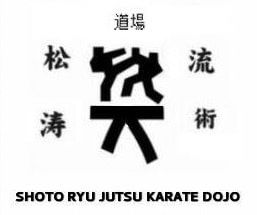Honne (本音) refers to a person's true feelings and desires. These may be contrary to what is expected by society or what is required according to one's position and circumstances, and they are often kept hidden, except with one's closest friends.
Tatemae (建前), literally "façade," is the behavior and opinions one displays in public. Tatemae is what is expected by society and required according to one's position and circumstances, and these may or may not match one's honne.
The honne/tatemae divide is considered to be of paramount importance in Japanese culture. The very fact that Japanese have single words for these concepts leads some Nihonjinron specialists to see this conceptualization as evidence of greater complexity and rigidity in Japanese etiquette and culture.
Tatemae (建前), literally "façade," is the behavior and opinions one displays in public. Tatemae is what is expected by society and required according to one's position and circumstances, and these may or may not match one's honne.
The honne/tatemae divide is considered to be of paramount importance in Japanese culture. The very fact that Japanese have single words for these concepts leads some Nihonjinron specialists to see this conceptualization as evidence of greater complexity and rigidity in Japanese etiquette and culture.

 RSS Feed
RSS Feed